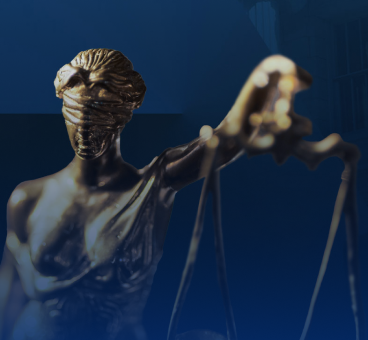The COVID-19 pandemic has presented many challenges for families. Sadly, these sometimes continue after a person has passed away from the disease.
Losing a loved one is never easy. Tragically, it is something too many families have faced during the coronavirus pandemic. COVID-19 has made things even more difficult for loved ones left behind. Not only are many funerals temporarily putting a stop to large ceremonies, but the bodies of the deceased are also not always treated properly. Stories from all over the world have emerged focusing on the mistreatment of corpses after someone has died from COVID-19. If this has happened to one of your loved ones, it is important to know that you can take legal action.

What is Mistreatment of a Corpse?
Everyone deserves to be treated with respect and dignity at all times, even after they have passed away. When a person’s corpse is not treated with respect, the actions the offending party has taken can be considered mistreatment of a corpse. A few of the ways in which a person may mistreat a corpse include:
- Abusing a corpse
- Failing to dispose of a body properly
- Stealing and/or selling organs
- Burying a body in the wrong plot
- Burying the wrong body
- Stealing jewelry or other valuables from the deceased
- Dropping a corpse during transportation
A person does not have to mistreat a corpse intentionally for a person to be held liable. Even a negligent or careless act can result in mistreatment of a corpse and when that is the case, loved ones can hold the offending party liable for paying damages.
How to Prove Negligence
Funeral homes and hospitals have a responsibility to properly care for the bodies of deceased individuals. When they fail to meet that responsibility and it causes you emotional or financial harm, you can hold them liable for paying damages. To be successful, you will need to prove:
- Duty: To prove a funeral home owed your family a duty of care, you must prove they had a responsibility to treat your loved one in a reasonable and respectful manner.
- Breach of duty: If your loved one’s remains were harmed, the funeral home or hospital has breached their duty of care.
- Causation: The breach of duty caused you direct harm.
- Damages: You must prove the breach of duty resulted in damages, or losses.
Proving negligence is never easy, particularly when going up against large facilities such as hospitals and funeral homes. A lawyer can determine who was responsible, and help you prove your case.

Call Our Florida Personal Injury Lawyers Today
Losing a loved one is never easy but knowing your loved one was not treated with dignity after their death makes it even more difficult. If a funeral home or hospital mistreated your loved one’s remains, call our Boca Raton personal injury lawyers today. At Ged Lawyers, LLP, our knowledgeable attorneys are dedicated to holding liable parties accountable for their actions and we want to help you make things right. Call us today at (561) 995-1966 or contact us online to schedule a free case review.
